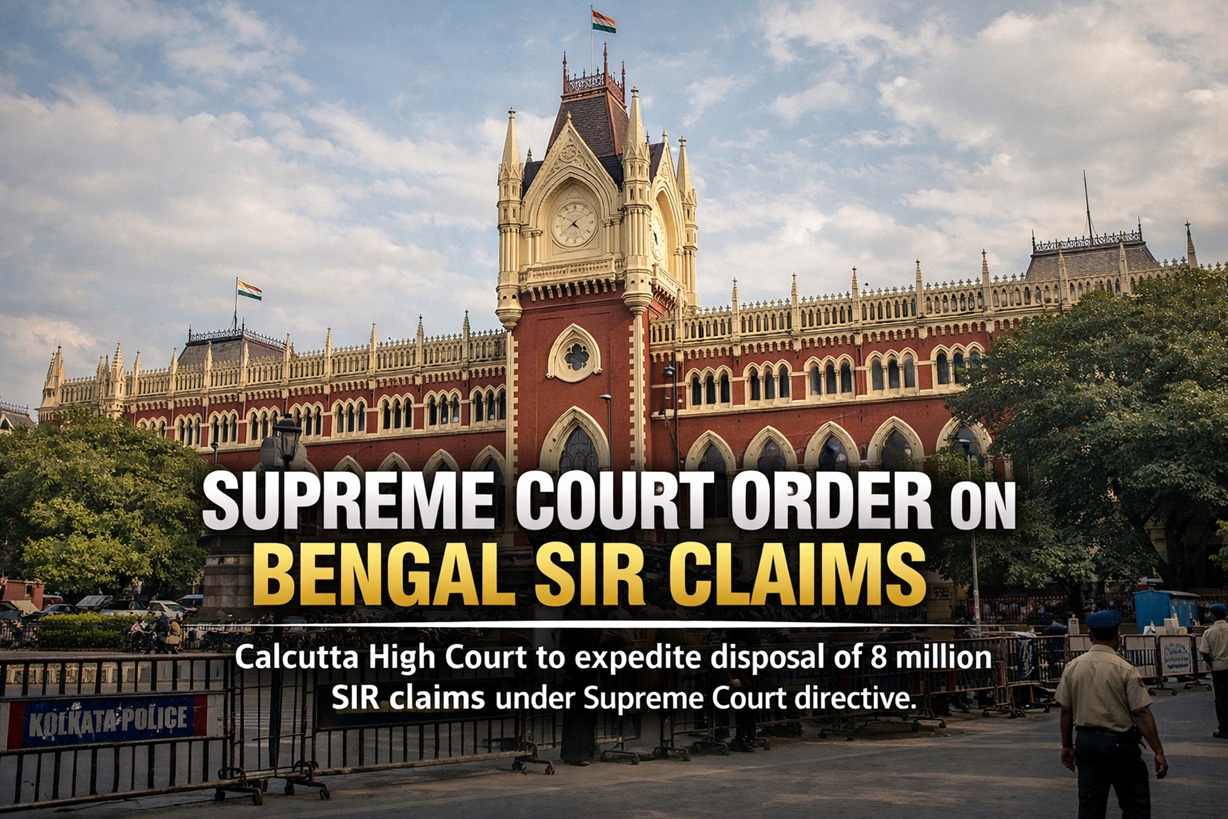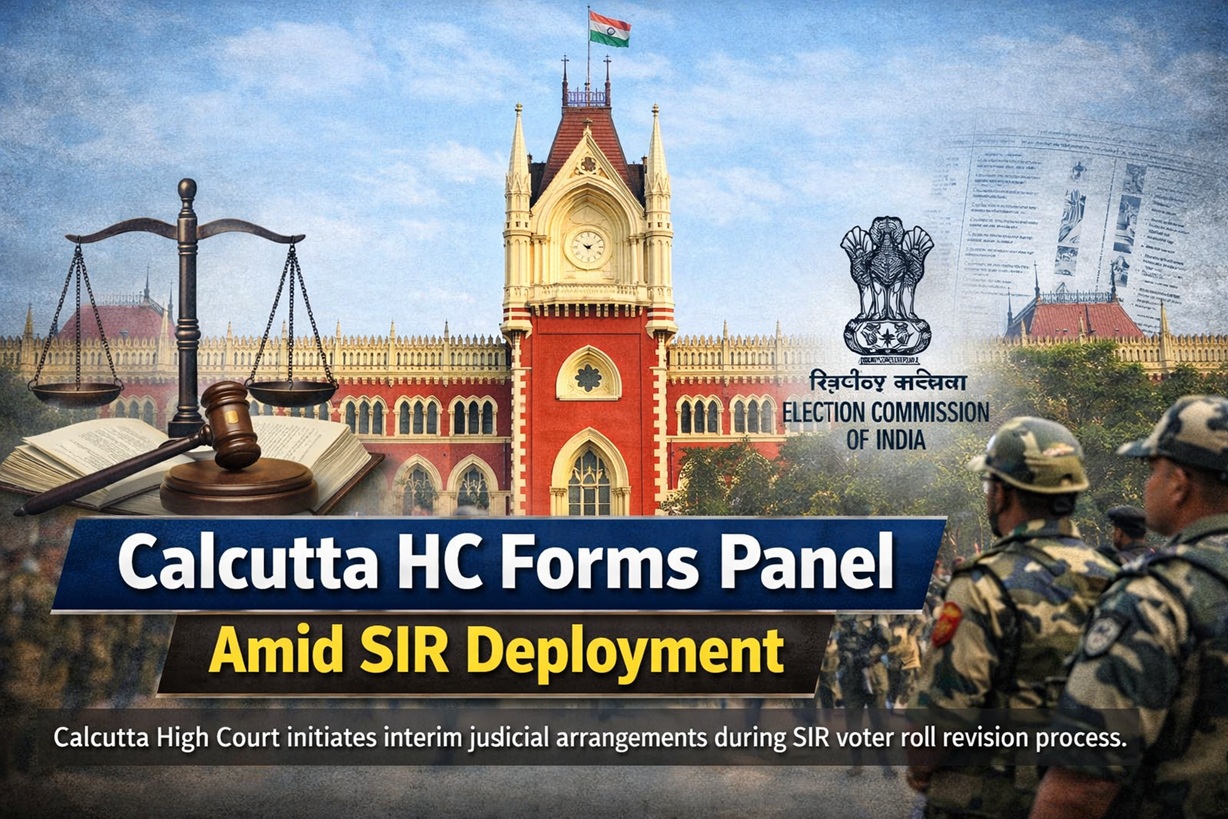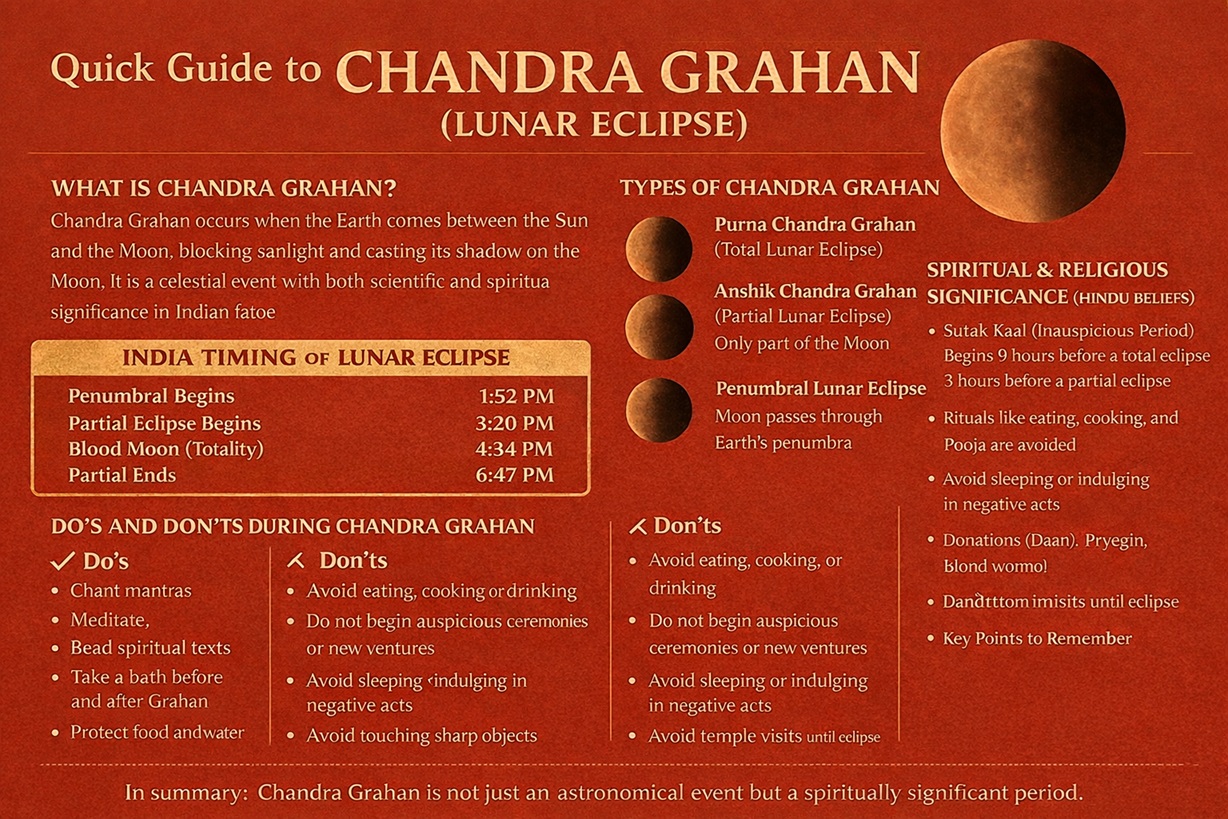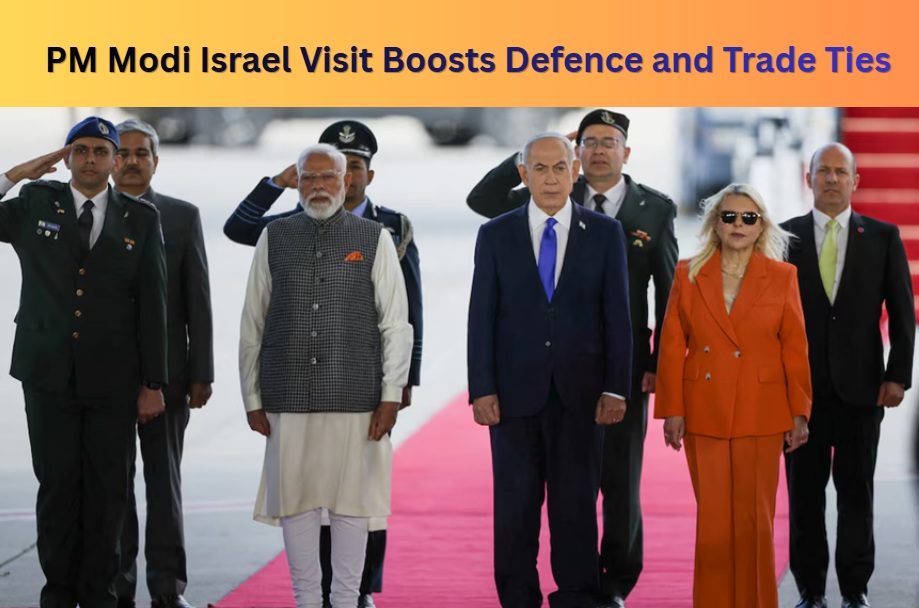Rahul Gandhi, the leader of the Indian National Congress, has once again found himself in the midst of a political storm. His recent trip to the United States, meant to bolster international relations and convey his party’s vision, has instead sparked outrage due to a photograph showing him with U.S. Congresswoman Ilhan Omar, known for her anti-India stance. This incident has ignited fierce reactions across India, with the ruling Bharatiya Janata Party (BJP) condemning the meeting and accusing Gandhi of associating with forces hostile to India.
Who is Ilhan Omar?
Ilhan Omar represents Minnesota’s 5th Congressional District and is a member of the U.S. Democratic Party. A Somali-born refugee, Omar is one of the first Muslim women to serve in the U.S. Congress. However, in India, she is infamous for her vocal criticism of the Indian government’s policies, particularly regarding Kashmir. She has repeatedly condemned India’s revocation of Article 370, which stripped Jammu and Kashmir of its special status. Omar also boycotted Prime Minister Narendra Modi’s address to the U.S. Congress in 2023, citing concerns over India’s treatment of minorities.
Her stance on Kashmir and frequent interactions with Pakistani officials have further entrenched her image in India as an ally of anti-India interests. In 2022, she even visited Pakistan-occupied Kashmir, where she made inflammatory statements about India’s control over the region. Her actions have drawn sharp rebuke from New Delhi, which views her as a politician sympathetic to Pakistan’s narrative on Kashmir.
The Viral Photo and BJP’s Response
During Rahul Gandhi’s U.S. tour, a photo of him posing with Ilhan Omar went viral, leading to a barrage of criticism. The BJP immediately capitalized on the image, accusing Gandhi of fraternizing with individuals who have publicly opposed India. The party spokespersons lashed out, accusing Gandhi of aligning himself with anti-India forces, highlighting that Omar’s political positions often align with Pakistan’s narrative on Kashmir.
The BJP’s narrative gained further traction when they linked Gandhi’s meeting with Omar to a broader pattern of his international visits, which they claim often involve interactions with people critical of India. According to the BJP, such meetings undermine India’s global standing and give ammunition to its adversaries. They questioned the appropriateness of Gandhi meeting Omar, considering her history of anti-India statements.
Domestic Political Fallout
The timing of this controversy is significant. Elections in Jammu and Kashmir and Haryana are fast approaching, and the Congress party, already struggling to gain political traction, now faces additional pressure. BJP leaders have pounced on the controversy to portray the Congress as a party that is out of touch with national interests. By associating with a figure like Omar, they argue, Gandhi has shown poor judgment and weakened Congress’ credibility.
Internally, Congress leaders are reportedly distressed by the situation. Many party members feel that Gandhi’s foreign tours often lead to unnecessary controversies that give the BJP more ammunition to attack the Congress. There is a sense that these incidents overshadow the party’s efforts to present a viable alternative to the Modi-led government, diverting attention from key issues like unemployment, inflation, and economic inequality.
Khalistani Involvement and Sikh Controversy
The controversy took another turn when Gurpatwant Singh Pannu, a prominent Khalistani separatist, seized upon Rahul Gandhi’s comments about the situation of Sikhs in India. Pannu, the leader of Sikhs for Justice (SFJ), a group that advocates for the creation of an independent Khalistan, issued a press release citing Gandhi’s remarks as evidence that Sikhs are oppressed in India. According to Pannu, Gandhi’s statements justify the call for a separate Sikh state, reigniting the Khalistan movement.
This link to the Khalistani cause has further exacerbated the situation for Gandhi. The BJP has accused him of playing into the hands of separatists and extremists, questioning his national loyalty. They argue that Gandhi’s statements on his U.S. tour, combined with his meeting with Omar, have emboldened anti-India elements abroad.
Was the Meeting Planned or Accidental?
One of the biggest points of contention is whether Rahul Gandhi’s meeting with Ilhan Omar was planned or accidental. BJP spokespersons have suggested that such meetings are premeditated, given the high level of organization involved in international political tours. In their view, Gandhi should have been more discerning about whom he chooses to meet, especially given Omar’s reputation in India.
Others argue that meetings with foreign politicians are part of diplomacy and that Gandhi has the right to meet whoever he wants during his international visits. They emphasize that opposition leaders frequently meet international figures to discuss global issues, and these meetings do not necessarily indicate ideological alignment.
However, the optics of meeting Omar—given her vocal criticism of India and her support for Pakistan’s stance on Kashmir—have raised serious concerns. Critics argue that Gandhi should have been more careful about whom he associates with, especially given the sensitive nature of India’s internal politics.
Rahul Gandhi’s Criticism of Modi and the BJP
In addition to the controversy over his meeting with Ilhan Omar, Rahul Gandhi’s remarks during his U.S. tour have also drawn significant criticism. He has repeatedly spoken out against the Modi government, accusing it of undermining democracy, curbing press freedoms, and creating an atmosphere of fear and intimidation in India. He has highlighted the plight of minorities, including Sikhs and Muslims, and criticized the BJP for its handling of the economy and governance.
While these statements resonate with his base and are seen as legitimate critiques of the ruling party, they have also been used by the BJP to paint him as someone who airs the country’s internal issues on foreign soil. The BJP has accused Gandhi of trying to undermine India’s reputation abroad, especially when he claims that democracy is under threat in India. The ruling party argues that such statements harm India’s global image and discourage foreign investment.
Rahul Gandhi’s meeting with Ilhan Omar has undoubtedly created a political storm in India. The controversy has provided the BJP with an opportunity to question Gandhi’s judgment, patriotism, and leadership skills. It has also added to the growing perception that his foreign tours often end in controversies that damage the Congress party’s image domestically.
With elections looming in Jammu and Kashmir and Haryana, the Congress will have to work hard to mitigate the fallout from this incident. Gandhi’s critics within and outside the party are likely to continue questioning his ability to lead, and the BJP will undoubtedly leverage this controversy to weaken Congress’ standing in the upcoming elections.
For Rahul Gandhi, the challenge now is to prove that his international engagements are part of a broader, constructive dialogue, rather than a series of missteps that harm his political credibility at home. How he navigates this latest controversy may well determine the future trajectory of his leadership and the Congress party in the months to come.







